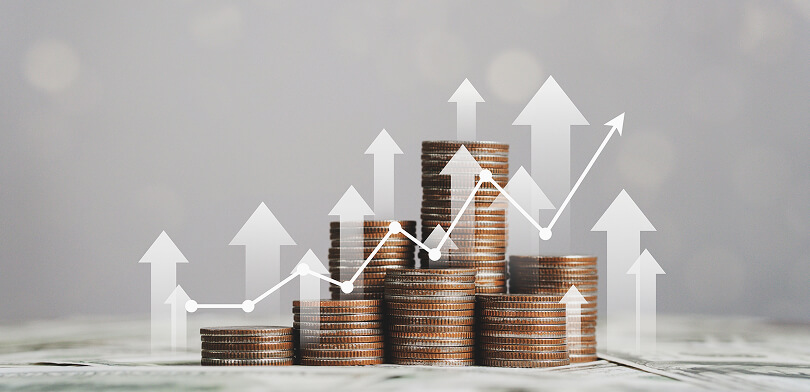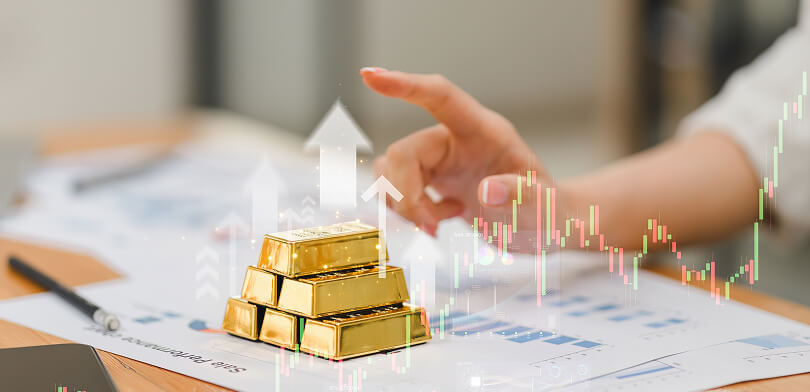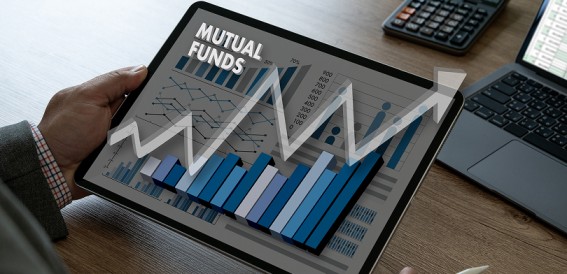Apart from equities, commodities are another market where futures contracts are traded providing opportunities for the traders to take advantage of fluctuations in the prices. You can trade in futures contracts of commodities on commodity exchanges.
In India, Commodity trading is managed and regulated under the umbrella of the Securities and Exchange Board of India (SEBI). In India, the authorized commodities exchanges are the National Commodity and Derivative Exchange (NCDEX), Multi Commodity Exchange of India (MCX), and National Multi Commodity Exchange of India.
Commodities are also actively traded in global markets. The popular commodity exchanges in the international market are the New York Mercantile Exchange (NYMEX), London Metals Exchange (LME), and Chicago Mercantile Exchange (CME), among others.
Topic-Covered
- What is Commodity Future Trading?
- Types of Commodities Available for Trading
- Objectives of Commodity Future for Trading
- Commodities Permitted for Future Trading
- How to Trade in Commodity Future?
- Risk Factors in Commodity Future Trading
- Conclusion
What is Commodity Future Trading?
The commodity futures are the future contracts agreed between the buyer and seller at a specific price and a
predefined amount of a particular date in the future. Commodity future is usually used to trade to hedge your
investment in various types of commodities.
The future contracts for upcoming different months are traded on the commodity exchanges, and you can buy or sell the commodity futures contract through your broker providing the broking services to retail customers trading in the commodities.
However, there are unlimited commodities used in our daily life, but not all commodities are allowed to trade on the exchanges. Hence, the point right here is that not all commodities are allowed to trade in the future market; only a few of them are permitted for future trading. So, let’s find out what commodities are permitted for future trading.
Types of Commodities Available for Trading
The commodities are divided into different sectors and types. The popular commodity sectors are agriculture, metals and materials, precious metals and materials, energy and services. If you want to categorize these commodities, they would be regarded as vegetables, cereals, oil seeds, edible oils, pulses or food grains, spices, metals, fibres, and energy products.
Objectives of Commodity Future for Trading
Hedging
One of the main objectives of commodity futures for trading is allowing investors to hedge their holdings in
commodities from price fluctuations. Farmers and commodity producers can secure the price of their products to get a fair price in various market conditions.
Pricing
Allowing commodities for buying and selling in the market, commodity futures trading helps to discover the right
pricing of the commodities in various market conditions.
Liquidity
When more and more buyers and sellers are involved in commodity trading, the liquidity of such investable
instruments would also be high in the market.
Standardization
This is another objective of commodity futures. Futures trading ensures the quality, quantity, and
transaction-related criteria to all the market participants.
For the Investors
This is one of the most important factors or objectives why commodities are allowed for future trading. Investors
from other markets like equity and currency also have the option to diversify their investments through buying gold, silver, and other commodities. And if they already have invested in precious metals, buying the future contracts can hedge their positions from market price fluctuations.
Recommended Read: Commodity Price Risks
Commodities Permitted for Future Trading
As per the Forward Market Commission (FMC), there are around two dozen commodity exchanges that are active and allowing for future trading in commodities. As per the FMC, the commodities are divided into various categories.
According to the MCX, NCDEX, and Forward Contracts (Regulation) Act, the following commodities are permitted for future trading.
Agriculture Commodities
In the agriculture sector, you can find various commodities allowed to trade in the future market. Under the
grains category, you can trade in rice, basmati rice, wheat, jeera, and maize.
In the Oil and oilseeds segment, you can find edible oilseeds and oils commodities like crude palm oil, groundnut oil, castor oil, refined soy oil, mustard seed, cottonseed, coconut oil, castor seeds, soy seeds, soy meal, etc. that are allowed to trade in the future market.
In the spices segment, you can choose to trade in pepper, red chili, jeera, turmeric, and cardamom, while under the pulses category, chana, urad, yellow peas, and tur dal are permitted to trade in the future commodity market.
Precious Metals
Under the precious metals segment, you can find the most popular commodities that are traded globally. Gold, silver, platinum, and palladium are permitted for future trading. Gold and silver futures are traded globally with high liquidity in the market.
Base Metals and Other Materials
After precious metals, various base metals and materials are allowed to trade in the future market. In base
metals, you can trade in aluminum, copper, nickel, zinc, and tin, while in bulk commodities, iron ore, coking coal, and bauxite are permitted for future trading. Other materials allowed for future trading include soda ash, chemicals, and rare earth metals.
Energy Products for Future Trading
In the energy products segment, you can trade in oil and gas commodities such as crude oil, brent crude, natural
gas, thermal coal, and alternative energy.
Other Commodities and Services
Other commodities like sugar and rubber, as well as services like oil services and mining services, are also allowed
to trade in the commodity futures market.
How to Trade in Commodity Future?
To trade in these listed commodities in future markets, you need to open a commodities trading account. Choose a broker that provides the necessary facilities to trade in the commodity market with high margins and low brokerage charges. You can opt for brokers like Religare to start trading in the commodity future market.
Risk Factors in Commodity Future Trading
Volatility
Apart from unsystematic risks like bad weather conditions, global economic crises, geopolitical tensions, and
natural calamities, commodity prices are also influenced by the global market’s demand and supply. This makes
commodity future prices highly volatile in unpredictable market conditions.
Leverage
In commodity futures trading, leverage from your broker exposes your investment to high-value trading, increasing the risk of losses in unfavorable market conditions.
Speculation
Speculation can lead to unfair pricing, causing artificial fluctuations in commodity prices.
Odd Timing
Commodities are traded globally across different time zones, making it difficult for traders to monitor prices and
trade in sync with international markets.
Conclusion
While many commodities are available for trading, only essential ones are allowed in the commodity futures market. To trade successfully, you must monitor prices constantly and develop effective strategies to mitigate risks
Recommended Read: What are Commodity Options?
















